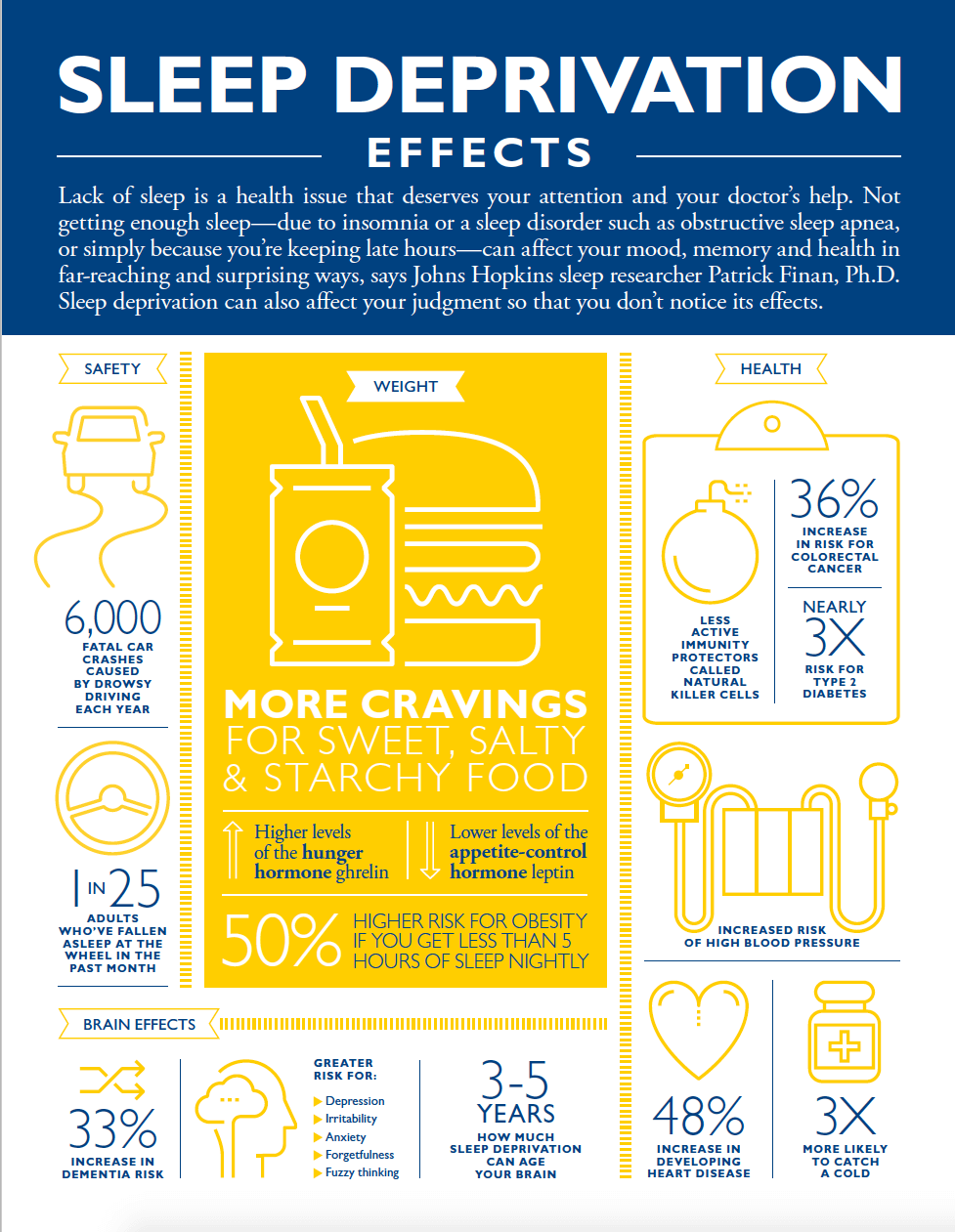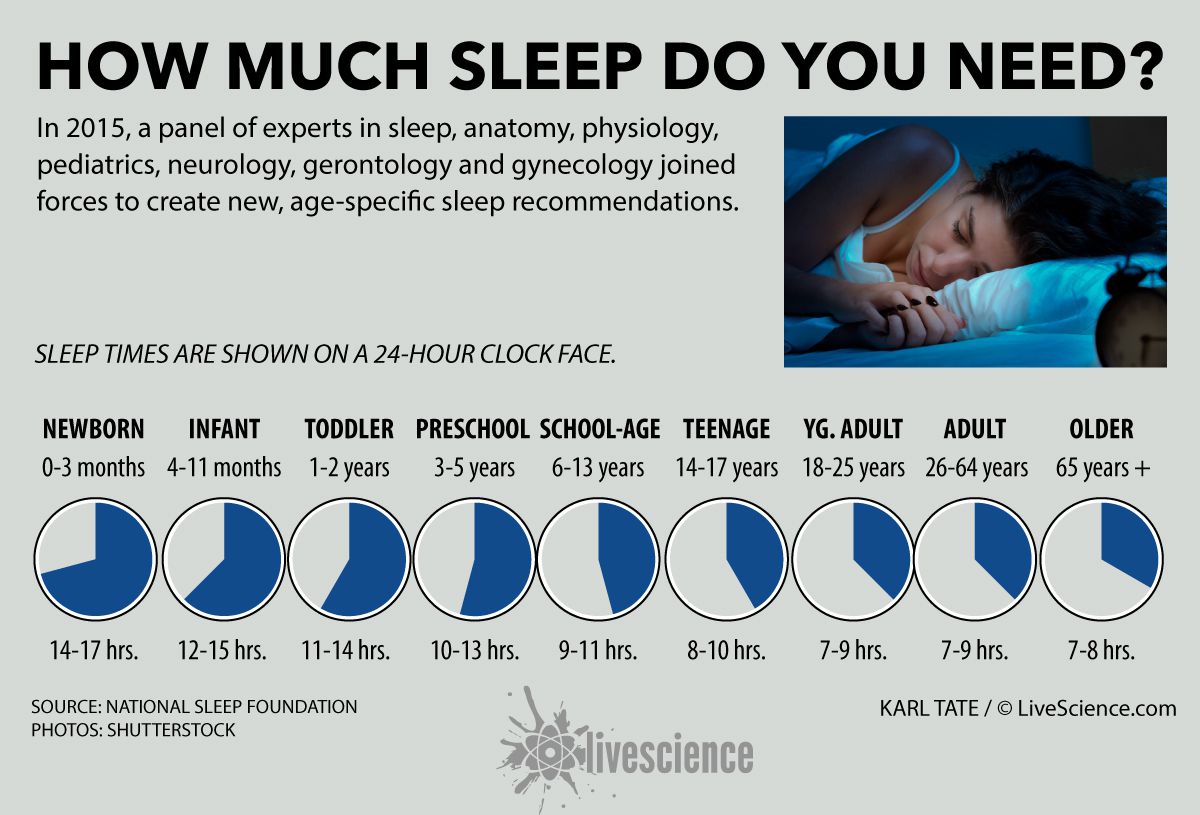Listen to the Podcast
Folk wisdom says that there is nothing that a good night's sleep can't fix.
However, perhaps because of our daily need to sleep, we do not usually think much about how important this process is to our lives, and to what extent a good or bad night's sleep can dictate what happens to us throughout the day.
Nowadays sleep is considered a critical component of our overall health and well-being. Good sleep quality includes several aspects such as the amount of sleep, rest, consistency in time, and the absence of sleep disorders.
It is relatively simple to assess whether we are getting enough rest during the night. When the quality of our sleep is lacking, we tend to experience drowsiness, morning fatigue and depression more easily the next day.
When the quality of our sleep is poor, our vulnerability to develop various illnesses increases; many of which are chronic, non-transmissible conditions.
For example, people who sleep very little and/or present sleeping
disorders, are more likely to suffer from type 2 diabetes, obesity, high
blood pressure, cardiovascular diseases and depression.
A link between sleep disturbances and the development of dementia in older people has also recently been suggested.

How long should we sleep ?
The optimal amount of sleep varies significantly with age, decreasing as we get older. Newborn children average 15 hours of sleep per day, adolescents sleep approximately 10 hours, and older adults get less than 7 hours.
Typical aging weakens circadian rhythms (biological cycles that depend on daily light and darkness periods), causing older adults to go to sleep early in the afternoon and to wake up early in the morning.

What are the most common sleep disorders?
Insomnia and obstructive sleep apnea are among the most frequent sleep disorders. Insomnia is defined as the difficulty to stay asleep and is the main cause of drowsiness in older adults in the morning.
On the other hand, obstructive sleep apnea is a disorder in which
breathing stops involuntarily during sleep, depriving the brain of
oxygen.
Perhaps, you may know a person that snores while sleeping and, that during these snoring, makes breathing interruptions to the breath again abruptly. If you have ever seen something like this, you have witnessed an obstructive sleep apnea event.
Both have a negative impact on brain and cognitive health that lead to a decrease in attention, memory, impulse control and impaired information processing, all of which intervene in multiple daily life tasks such as making decisions, driving a car, shopping at the supermarket, etc.
In addition, it has now been suggested that sleep disorders may increase the risks of suffering from Alzheimer's, a devastating disease that damages the brain gradually and irreversibly.
In its first stages, people have difficulties to remember facts about their own life, or do not recall their medication times. During Alzheimer’s last stages people are unable to recognize their relatives and their circadian rhythms disappear.
How do I know if my sleep has enough quality?
Do you experience difficulties falling asleep? Do you walk frequently during the night or wake up in the early morning hours and then can't fall asleep again? Do you notice strange sensations in your legs or does your partner tell you that you snore too much?
It’s possible you may need to see a specialist who can help you address these concerns and get to the bottom of a possible condition.
What treatments are available for the management of sleep disorders ?
Fortunately for you, sleep disorders are treatable conditions and patients generally present a very good response to treatments. Sleep disorder treatments can be classified into two groups: pharmacological and non-pharmacological treatments.
As the term indicates, pharmacological treatments employ drugs for the treatment of these disorders, while non-pharmacological treatments use behavior modification techniques and encourage sleep hygiene education habits intended to modify inadequate life styles to encourage a better sleep quality.
Insomnia can be treated through pharmacological and non-pharmacological alternatives such as cognitive-behavioral therapy which is the first line of treatment for this condition and may guarantee immediate benefits and maintain long-term results.
This approach increases its effectiveness when patients are taught sleep hygiene education recommendations
The first line of treatment for obstructive sleep apnea is the use of positive airway pressure devices that contribute to keep the airway open while the person sleeps. Patients with obstructive sleep apnea also frequently respond well to cognitive-behavioral therapy.
There are a number of recommendations involving lifestyle modifications that have shown amazing results in people suffering from sleeping disorders.
Here are 8 tips that you can start using today:
Keep a regular sleep routine throughout the week: wake up and go to sleep at the same time.
Create a relaxing routine before going to bed: read, meditate or take a bath. Avoid talking about work or the day’s problems.
Avoid stimulants consumption: do not drink coffee or sugar-sweetened drinks. Do not smoke. Avoid alcohol consumption.
Create a favorable sleep environment: keep your bedroom tidy. Keep a room temperature not higher than 25 degrees. Change your bed sheets regularly. Do not use pillows that are too soft or too hard.
Avoid noise and light: make sure your room is as dark as possible. If possible, wear a sleep mask. The sound of a fan can mask ambient noise.
Use the bed only for sleeping or for intimacy with your partner: AVOID reading on the phone, or watching TV in bed. This will help associate the bed with sleep
Practice physical exercise and favor sunlight exposure: exercise regularly; even short walks during the day can stimulate sleep. Exposure to sunlight contributes to regulate sleep patterns.
Watch your eating habits: try to maintain a balanced diet. Avoid fried and spicy foods at night. Bananas and yogurt are excellent snacks before going to bed.
Remember that watching over the quality of your sleep means also taking care of your health.
Remember that watching over the quality of your sleep means also taking care of your health. In our the next post we will discuss the relationship between physical exercise and our cognitive and brain health. Thank you for following us. We hope you’ll join us for our next post.